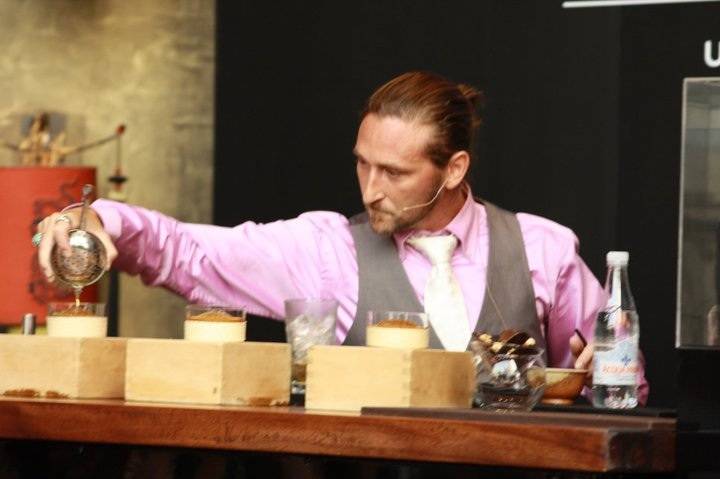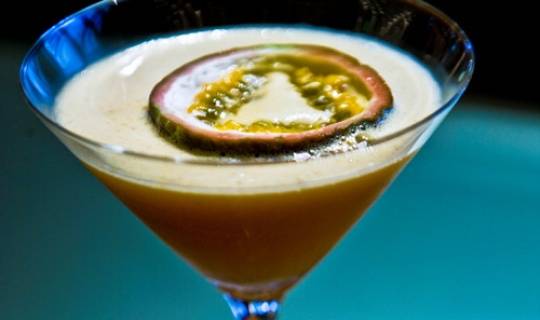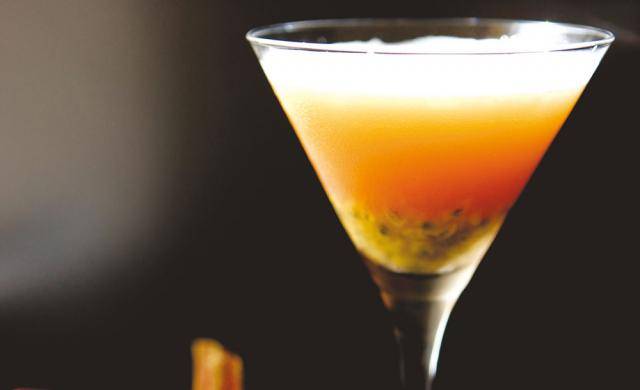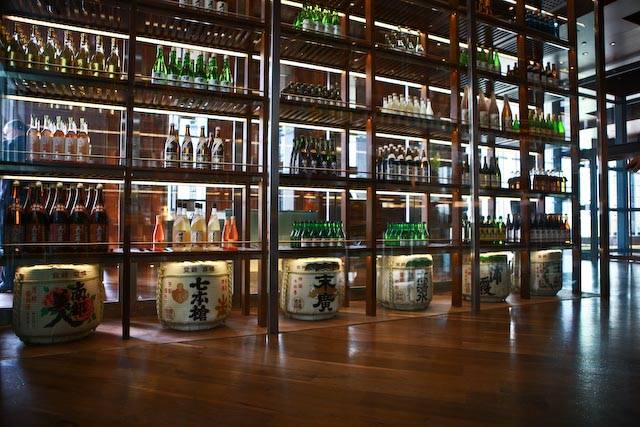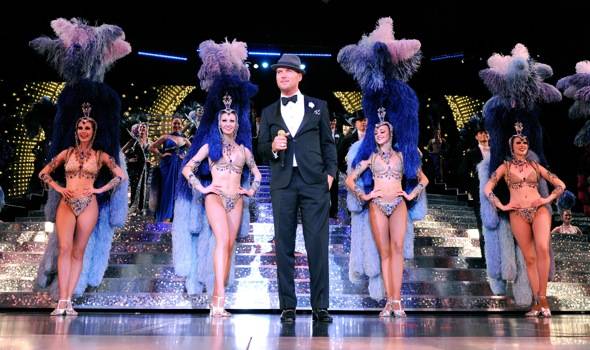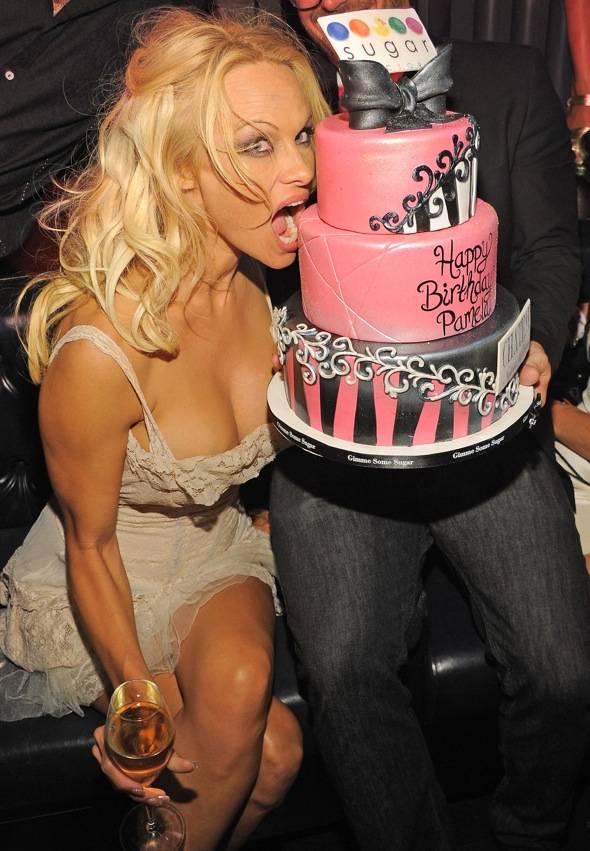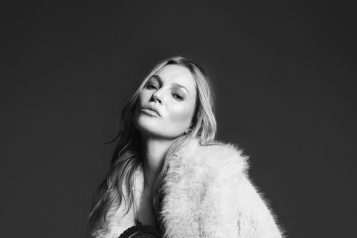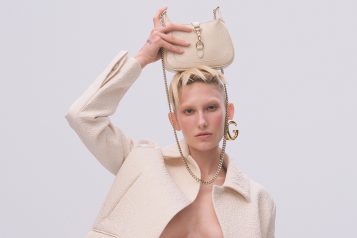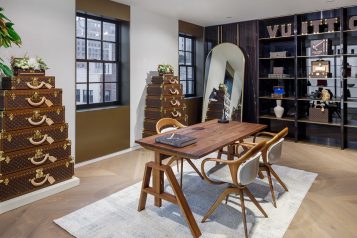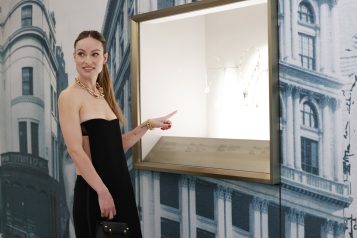A quick shuffling of cocktail glasses, a mix and a shake, and pretty fluids coupled with colorful fruits become the divine concoctions that Zuma bartender Jimmy Barrat de Cecco is known for. Just two weeks ago, the 33-year old barman took fifth place at the prestigious Diageo Reserve World Class 2011 contest for World’s Best Barman, and fourth place in the European and Middle East category. We caught up with Jimmy at Zuma to learn about the competition, how he got involved with Zuma, and the inspiration behind his award-wining creations.
What Led you to your career as barman?
My farther owned a restaurant. As kids we were always playing around with food to try and create something. My grandfather was a bartender so when I got older I started learning how to make traditional drinks from him. When I was 17 I opened up a bar with my father in the south of France but it was more music oriented. I worked there until I met Arjun Waney, the owner of Zuma, who offered me a position at Zuma London in 2006. The job was supposed to be just for one year as a way for me to learn English and improve my bartending skills, but I ended up staying on. Bartending at Zuma really opened my mind. I was taught how to develop a palate and explore my creative skills. Yet it wasn’t until I came to Zuma Dubai that I began creating drinks on my own and really incorporating my passion into what I make.
What were your biggest influences?
I was initially influenced by the mid-19th century period of the Golden Age of Forgotten Drinks. This was a time when bartending was an aristocratic pastime and also when pioneering American bartender Jerry P. Thomas wrote the 1862 Bar-Tender’s Guide, the first book solely dedicated to drinks published in the United States. I take my roots from this period and try to mix old drinks with a contemporary feel. Knowing the history of the craft is a crucial part of the trade. So I began mixing drinks; sometimes they were good and sometimes they weren’t. The point is that you keep creating until what you make comes out right.
Bartending is not just about drinks. It is about entertaining. A bartender needs to sell the drink. There is a theatrical part to bartending. It is a “bartender art.” It is also about being a psychologist meaning it is important to get a feel of what people want to taste at a given moment. Judging a drink is difficult; it is hard to say if a drink is bad or good because it all comes down to personal tastes. The right hand of a bartender is always the customer.
What do you love most about your work?
I love the creativity and the opportunity I get to entertain. The bar at Zuma is always full which is great because it allows me to continuously put my bartending skills into practice. I love creating and adding to an already successful cocktail list. I also love the challenge of continually developing something new which will prove pleasing to clients.
How does it feel to be one of the top 5 barmen in the world?
The Diageo Reserve World Class competition is not a cocktail competition; it is a bartender competition. It tests your creativity, your capacity to adapt, work under pressure, and perform. The competition took place over four days at the Imperial Hotel in Delhi, India and included six challenges meant to cover all of your skills. For example, for one you are sent to a spice market and you have forty minutes to shop and make a drink. Another challenge featured a food pairing where you need to choose two dishes out of eight and pair them each with a cocktail. There is also the theater section. For this year’s theme you needed to make drinks inspired by a diva. I chose Edith Piaf and her song La Vie en Rose for which I made a pink drink using Johnnie Walker blue. I played Piaf’s music and gave pink tinted glasses to the judges accompanied by a chocolate fondue. A few of the judges even had tears in their eyes due to the sentimentality of the performance.
The competition was really hard. It basically took years of experience and placed them into the span of four days. It is something you need to go through alone. Having the UAE as part of the top five was a surprise for many because it is not a country renowned for its bars. After such an achievement, it is easy to think you have accomplished the most that you can in your career and loose your focus. For me it is important to remain humble and maintain my professionalism. I have more attention on me now that I have won. My reputation is something I need to build on and uphold.
What are the biggest challenges you face as a bartender?
My biggest challenge is that people are so brand-led these days. This means that they are reluctant to try new things. At Zuma, since we’re constantly developing our quality and style, I often have to coax people into trying something different. Yet once they’ve tried it, it is very rewarding to see how they learn to develop their palates. Overall, I’m doing what I love to do and wouldn’t give it up for anything.
What are your favorite drinks to recommend?
The Old Fashion because of its complexity. It really challenges the skill of the bartender and also one’s ability to perform. I also recommend the Cosmopolitan simply because I make a great Cosmopolitan.
What are your favorite non-alcoholic drinks?
Non-alcoholic drinks have gone through an evolution and in the Middle East. They are highly coveted because of the culture. At Zuma, we have an extensive range of cleansers and boosters so-called because the ingredients are natural and fresh while also energizing. My favorites are Norisan made from orange, pineapple, passion fruit and fresh mint; Namakemono made from cucumber, raspberries and apple juice; and Zuma Ice Tea made from green tea, fresh raspberries, blackberries, cucumber, mint, lemon and oranges.
Zuma
DIFC, 04 425 5660
www.zumarestaurant.ae








